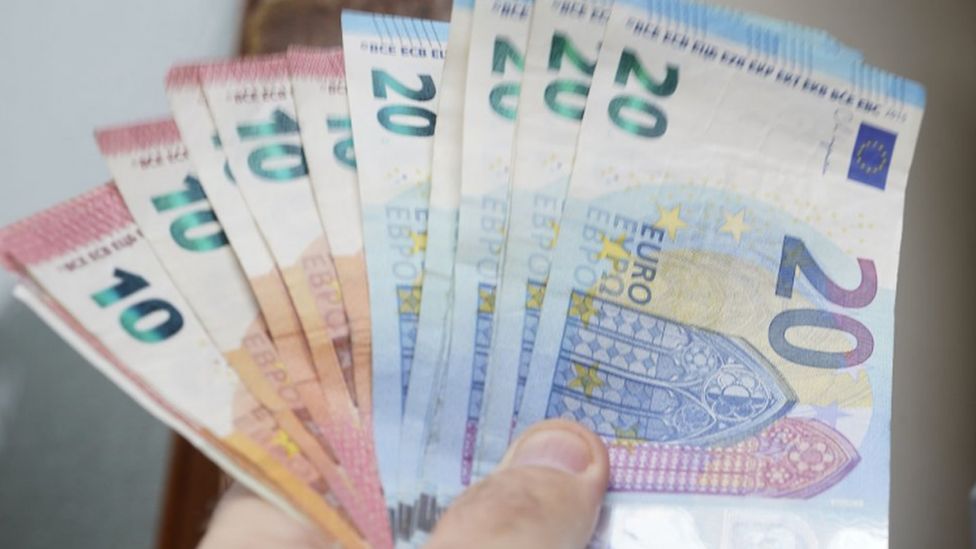One of the greatest giveaway budgets in Irish history has been unveiled by the finance minister of the nation.
Ireland’s significant budget surplus, according to Paschal Donohoe, put him in a position to do so when he addressed the Dáil (Irish parliament).
Most of that comes from a huge increased tax-take from corporations, particularly a small number of American tech companies.
Some of that income is to go towards a “rainy day” national reserve fund.
Mr Donohoe announced an income tax package to the value of more than €1.1bn (£963m).
Unlike the UK, Ireland is not borrowing to fund tax cuts.

The minister said his budget was focused on helping families and businesses facing the cost-of-living crisis arising from the after-effects of the Covid-19 pandemic and the Russian invasion of Ukraine.
“As one of the most open economies in the world, we benefit when things are going well internationally, but when they reverse, we are also one of the most exposed,” he said.
Mr Donohoe also said that headline inflation in Ireland is now running at “highs not seen in many decades”, adding that the Department of Finance has updated its forecasts to headline inflation of 8.5% for 2022, and just over 7% for 2023.
People will now start paying the higher 40% rate of tax on income over €40,000 (£35,731).
Tax credits will be given to homeowners for fuel, and tax on petrol and diesel at the pump will remain unchanged.
Other announcements include:
- Electricity credits for all households totaling €600 (£536) will be paid in three installments of €200 (£179)
- An additional payment of €500 (£447) to those in receipt of the Working Family Payment will be paid in November
- There will be €12 (£11) a week increase for those in receipt of social welfare
- A packet of 20 cigarettes will go up by 50 cents (45p)
- VAT on newspapers will be reduced from 9% to 0%
Mr Donohoe said there were many risks to the country’s finances but he concluded: “We can and should be confident about our future.”
